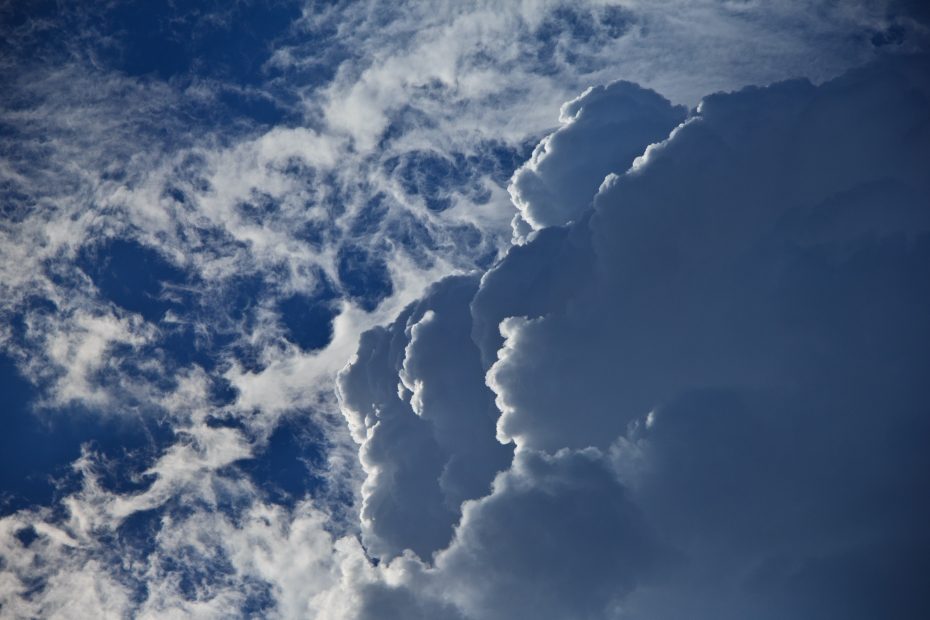Table of Contents
Introduction to Caracas
With a rich history and stunning location nestled between green mountains, Caracas is an exciting capital city. Founded in 1567, Caracas grew to become one of South America’s largest and most modern cities. Despite its challenges, Caracas remains a vibrant metropolis with much to offer visitors.
Caracas enjoys a mild climate, with average temperatures around 70°F (21°C) thanks to its location at an altitude of 3,000 feet (900 meters). The city sprawls along a narrow valley, surrounded by the steep Ávila National Park.
Top Sights and Attractions
El Avila National Park
The lush Ávila mountain looms over Caracas, providing an iconic backdrop. A cable car takes visitors up to El Ávila National Park for hiking trails through cloud forests and stunning valley views.
Plaza Bolívar
The historic heart of Caracas is Plaza Bolívar, surrounded by the city’s earliest buildings including the golden-domed Caracas Cathedral. People gather here to relax, skateboard, or watch open-air concerts.
Paseo Los Próceres
This open-air museum features statues honoring Venezuelan independence heroes, set along a scenic walking path. Artworks, fountains, and mausoleums create a peaceful atmosphere.
Museo de Arte Contemporáneo
For modern art, don’t miss the dynamic Museum of Contemporary Art. Exhibits range from thought-provoking to whimsical. The brutalist concrete building itself is an impressive work of art.
Parque del Este
Escape the city at this 600-acre park with gardens, lakes, and recreational facilities. Rent a paddleboat, go jogging, or visit the zoo and science museum.
Experiencing the Food and Culture
Areperas
Areperas are casual eateries serving the Venezuelan staple – fresh corn flatbread stuffed with different fillings. Don’t leave without trying an arepa!
Nightlife
Salsa music and dancing pulse through Caracas nights. Head out with locals to live music venues and open-air bars, especially in Las Mercedes.
Museums and Cultural Centers
World-class museums like the Museum of Fine Arts showcase Venezuela’s art. Cultural centers host theater, dance, and music performances.
Neighborhoods to Explore
El Centro
Historic El Centro has cobblestone streets and colonial buildings interspersed with modern high-rises. Don’t miss the Cafe Venezuela for strong local coffee.
Altamira
Altamira is an upscale district packed with high-fashion shopping, gourmet restaurants, and nightclubs around bustling Plaza Altamira.
Chacao
Leafy Chacao features posh residential neighborhoods, commercial areas, and outdoor spaces like Parque del Este. Grab dinner at one of Chacao’s excellent international restaurants.
Sabana Grande
For a taste of urban Caracas, check out Sabana Grande – a gritty yet charming neighborhood known for its street art, vintage shops, and lively nightlife scene.
Safety Tips for Travelers
Use common sense, avoid isolated areas after dark, don’t flaunt valuables, and use licensed taxis. Ask locals for up-to-date safety advice.
Getting Around Caracas
Local Transportation
The metro and bus systems provide inexpensive transportation around Caracas. Avoid buses at rush hours when they are packed.
Taxis
Radio taxi services are recommended over hailing cabs on the street. Agree on a fare beforehand.
Rental Cars
Driving allows flexibility for seeing sights outside the city. Be aware of changing road conditions and allow extra time for traffic.
Best Times to Visit
Dry season between December to April avoids the worst of the tropical downpours. Major festivals and events happen around Christmas and Easter.
Conclusion
While political turmoil has given Caracas a reputation for danger, many parts of the city are safe for visitors who take basic precautions. Beyond the negative headlines, Caracas offers vibrant culture, terrific food, stunning scenery, and warm hospitality waiting to be experienced.
FAQs
What is the currency used in Caracas?
The currency used in Caracas and throughout Venezuela is the Venezuelan bolívar. US dollars are also widely accepted.
What language do people speak in Caracas?
Spanish is the official language spoken in Caracas and Venezuela. Some English is spoken in major tourist areas. Learning a few Spanish phrases will help when interacting with locals.
What is the best way to get from the airport to my hotel in Caracas?
The safest option is to arrange an airport pickup with your hotel beforehand. Alternatively, use a reputable radio taxi service like TaxiLat or TaxiLider. Avoid unlicensed cabs due to incidents of price gouging.
What vaccinations do I need before traveling to Caracas?
Check with your doctor, but recommended vaccinations include Hepatitis A and B, Typhoid, and Yellow Fever. Make sure routine vaccines like MMR are up-to-date.
What is the electricity and outlet type used in Venezuela?
Venezuela uses 120 volt, 60Hz electricity with two-prong or three-prong American-style outlets. Bring a travel adapter and voltage converter for appliances.
